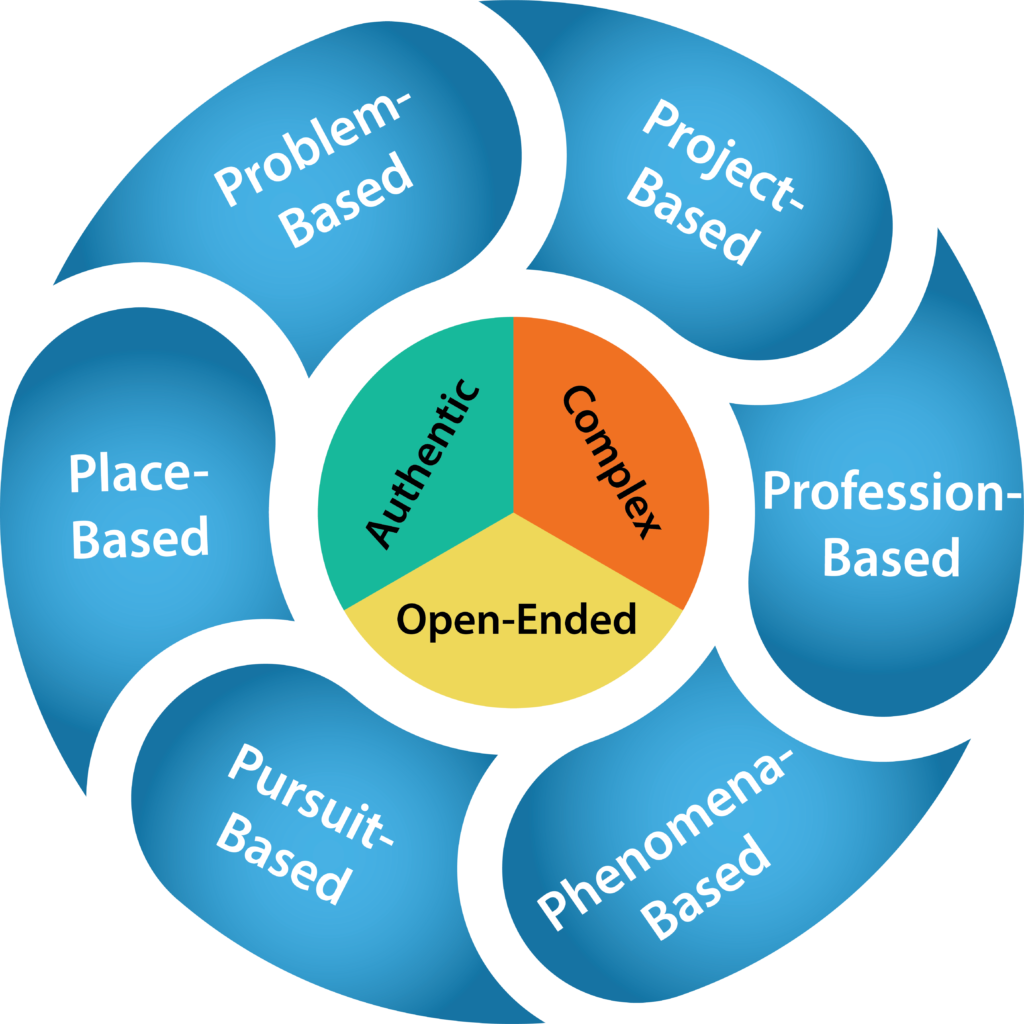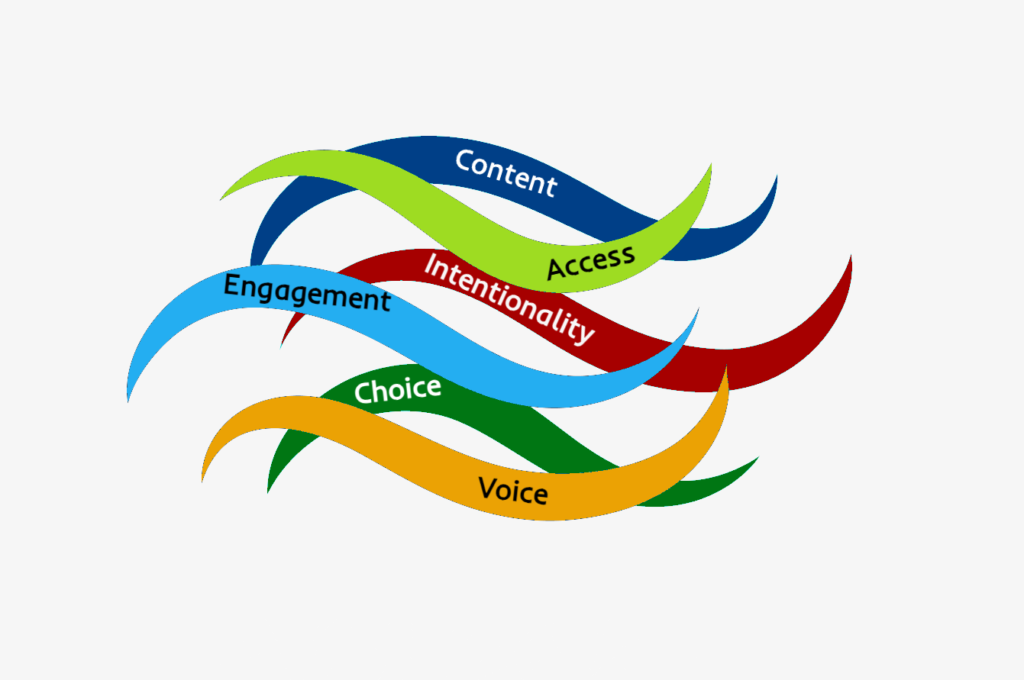Virtual Learning Communities
What if you could bring back more than just good intentions from professional learning experiences?
Our Virtual Learning Communities are different than most online courses in that each VLC has a facilitator who guides the course, provides valuable feedback, and fosters a community of learners. At EdQuiddity, we believe professional learning should:
- Model innovative practices
- Provide new learning
- Have participants design materials to use in school immediately
We now offer an option beyond our in-person professional learning! Online engagement, 25 hours of self-paced engagement, in addition to continual feedback and assistance, and video conference sessions. Work at times convenient for you and have fun challenging your pedagogical thinking.
Only $595 per seat or $4,950 for a 10-pack of seats.
Click the images below for course descriptions.

Design PBLs
















 In this course, participants will leverage choice and technology to provide students with the ultimate differentiated learning environment. They will develop differentiated digital activity lists rooted in rigorous instruction that offer multiple ways to learn and apply content. Participants will explore autonomy, purpose, and mastery as motivators in all learning environments. They will design differentiated activity lists to put students in charge of their own learning, creating a structure that allows students to make decisions within a structured framework. Making informed decisions is an essential life skill that teachers can support with intentional classroom practices.
In this course, participants will leverage choice and technology to provide students with the ultimate differentiated learning environment. They will develop differentiated digital activity lists rooted in rigorous instruction that offer multiple ways to learn and apply content. Participants will explore autonomy, purpose, and mastery as motivators in all learning environments. They will design differentiated activity lists to put students in charge of their own learning, creating a structure that allows students to make decisions within a structured framework. Making informed decisions is an essential life skill that teachers can support with intentional classroom practices. Participants in this course will use Reinventing the Classroom Experience by Dr. Nancy Sulla as a resource. The assigned book must be
Participants in this course will use Reinventing the Classroom Experience by Dr. Nancy Sulla as a resource. The assigned book must be